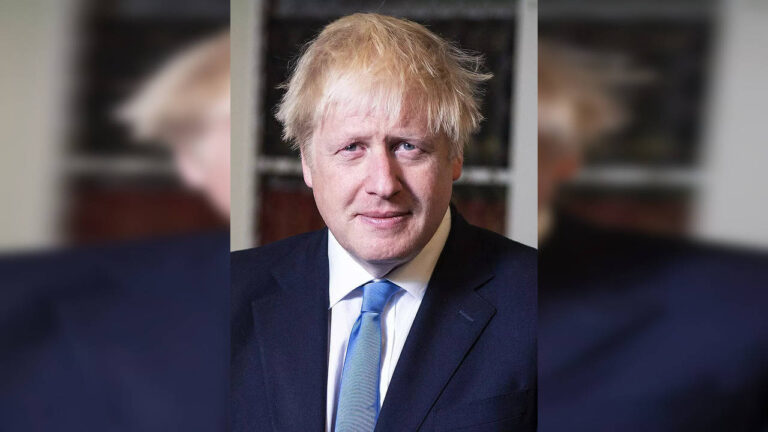The 2019 UK general election saw Boris Johnson’s Conservative Party win a landslide victory with 365 seats, while the Labour Party faced a defeat at the hands of Jeremy Corbyn. The election, which highlighted tensions over Brexit, changed the face of British politics, with the SNP gaining strength in Scotland and the Liberal Democrats challenging it. A historic opinion poll in December showed a slight decline in voter turnout.
Prime Minister Boris Johnson celebrates the Conservative Party’s victory in the 2019 UK general election.
In December 2019, the UK held a fierce general election that changed its political future. Conservative Party was led by Boris JohnsonThe party won with 365 seats, a significant increase of 48 seats since the last election in 2017. The Conservatives received 43.6% of the total vote, up from 42.3% in 2017, their largest parliamentary majority since the days of Margaret Thatcher.
of Labor PartyAt that time, the leader was Jeremy CorbynThe Labour Party suffered a major setback, winning only 202 seats and 32.1% of the vote, down from 262 seats and 40.0% in 2017. Defeat came especially from Labour’s traditional support base. Brexit Division and discontent with Corbyn’s leadership.
Results for minority parties were mixed. The Liberal Democrats increased their share of the vote from 7.4% to 11.5%, but lost one seat to settle for 11. The Scottish National Party (SNP) won, gaining 13 seats to 48.
This election was crucial for the Brexit negotiations. Boris Johnson’s election pledge was to “Get Brexit Done”. This resonated with voters, especially in areas that strongly supported Leave in the 2016 referendum. The election result paved the way for Boris to push through his Brexit deal. His goal was to leave the EU on 31 January 2020.
However, turnout fell slightly – from 68.8% in 2017 to 67.3%. Regional differences were recorded, with the highest turnout in the South West (72.0%) and the lowest in Northern Ireland (61.8%). The election was the first to vote in December since 1923.
The election results had major political repercussions. Jeremy Corbyn announced his resignation as leader of the Labour Party, a decision that followed criticism from within the party and electoral defeat among Labour’s traditional base. In contrast, the SNP’s victory renewed calls for a second referendum on Scottish independence. Debate intensified over the future of the UK’s constitutional integrity.
The 2019 UK general election was pivotal: it showed clear support for leaving the EU and reshaped the balance of power in Parliament, but also revealed shifts in voter support, a major defeat for the Labour Party and a resurgence of nationalist sentiment in Scotland.

